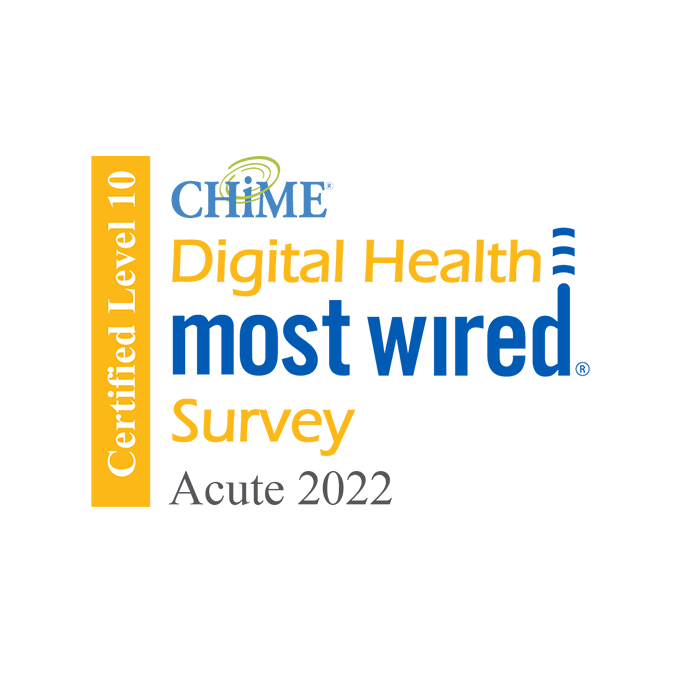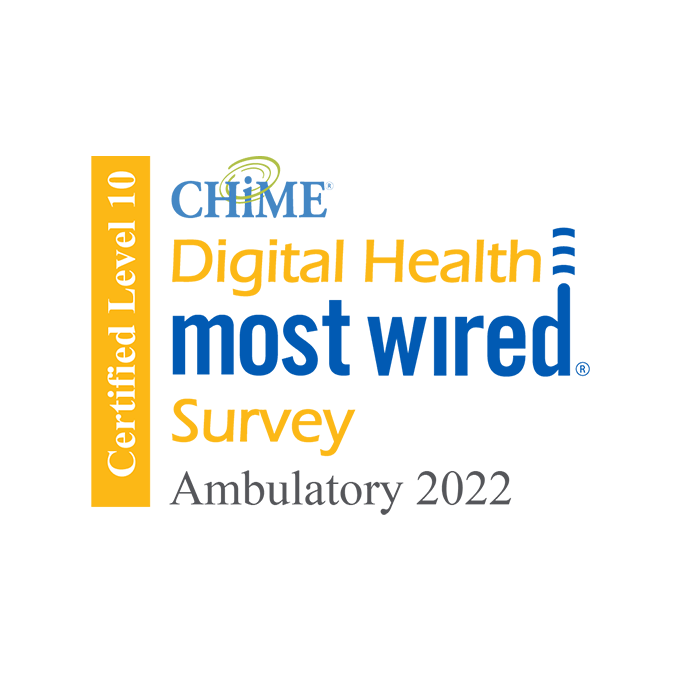Liver Transplant
Liver failure is a life-threatening condition in which your liver can no longer perform its job. A liver transplant at UC Davis Health can help you regain your health and quality of life.
Medically reviewed by Lea Matsuoka, M.D. on Aug. 17, 2023.

Renowned Expertise in Transplant Procedures
UC Davis Transplant Center has been a leader in advanced treatments for decades. We use the latest technology and methods available for liver transplantation. Our commitment to research means we are always working to improve your liver transplant experience.
Types of Liver Transplants
Liver transplantation removes your failing liver and replaces it with a whole or partial healthy liver from someone else. There are two types of liver transplants.
Living Donor Liver Transplant
A liver can regenerate itself, so your body only needs part of a donated liver. During a living donor transplantation, surgeons remove a piece of a donor’s liver. They remove your entire failing liver and transplant the piece of donor liver in your body. After the surgery, the donor’s remaining liver and your new liver will both regenerate.
Nonliving (Deceased) Donor Liver Transplant
Most donated livers come from deceased donors. During a deceased donor transplant, surgeons remove your liver and replace it with the donor’s liver. Sometimes, surgeons split a donor’s liver into two parts to help two recipients.
Request an Appointment
As Sacramento's No. 1 hospital, you'll benefit from unique advantages in primary care and specialty care. This includes prevention, diagnosis and treatment options from experts in 150 specialties.
Referring Physicians
To refer a patient, you can submit an electronic referral form or call.
800-4-UCDAVIS
Patients
For questions and appointment information
Consumer Resource Center
800-2-UCDAVIS
If you have a living donor, your transplant care team will schedule you for surgery when you and your donor are ready. If you have a nonliving (deceased) donor, you will have surgery as soon as the liver is available. Your care coordinator will give you instructions on what to do before you go to the hospital for your procedure.
-

Pre-Operation
You will meet with your anesthesiologist and surgeon to discuss the details of your procedure. A nurse will start an IV in your arm to deliver fluids and anesthesia medication.
-

During Surgery
Transplant surgery requires general anesthesia. Your anesthesiologist will give you medicine in your IV to put you in a deep sleep. You will not be awake or feel pain during surgery. Your anesthesiologist will watch your blood pressure, breathing and heart rate throughout your surgery.
-

Post-Operation
You will stay in the intensive care unit (ICU) after your transplant surgery. Your transplant care team will watch your blood pressure and heart rate. You will have blood tests and imaging studies to check that your new liver is working. Your provider will prescribe immunosuppressant medications to stop your immune system from attacking your new liver.
Home Care After Transplant Surgery
Most liver transplant recipients go home around two weeks after surgery. Your transplant care team will give you instructions for home care before you leave the hospital.
Continue Your Medications
You will take immunosuppressant medication for the rest of your life. It is important to take your medication exactly as prescribed. This helps ensure your body doesn’t reject your new liver.
Keep All Check-up Appointments
You will need regular medical check-ups and tests after your transplant surgery to ensure your new liver stays healthy.
Return to Normal Activities
Your provider will tell you when you can return to work and other activities. Many transplant recipients resume normal activity within a few months.
When to Contact Your Surgeon
Contact your surgeon immediately if you are not feeling well. Symptoms include abdominal swelling or worsening abdominal pain, fever, jaundice (yellowing of your skin or eyes), nausea, vomiting, and diarrhea.

Ranked among the nation’s best hospitals
A U.S. News & World Report best hospital in cancer, cardiology, heart & vascular surgery, diabetes & endocrinology, ENT, geriatrics, neurology & neurosurgery, obstetrics & gynecology, and pulmonology & lung surgery.

Ranked among the nation’s best children’s hospitals
A U.S. News & World Report best children’s hospital in diabetes & endocrinology, nephrology, and orthopedics*. (*Together with Shriners Children’s)

Ranked Sacramento’s #1 hospital
Ranked Sacramento’s #1 hospital by U.S. News, and high-performing in COPD, colon cancer surgery, diabetes, heart attack, heart failure, hip fracture, hip replacement, kidney failure, leukemia, lymphoma & myeloma, lung cancer surgery, ovarian cancer surgery, pneumonia, prostate cancer surgery, stroke, TAVR, uterine cancer surgery, gastroenterology & GI surgery, and orthopedics.

The nation’s highest nursing honor
UC Davis Medical Center has received Magnet® recognition, the nation’s highest honor for nursing excellence.

“Most Wired” for acute care
UC Davis Health has been recognized as a level 10 out of 10 in the Digital Health “Most Wired” program from the College of Healthcare Information Management Executives (CHIME). The honor recognizes excellence in using technology to improve the delivery of care.

“Most Wired” for ambulatory care
UC Davis Health has been recognized as a level 10 out of 10 in the Digital Health “Most Wired” program from the College of Healthcare Information Management Executives (CHIME). The honor recognizes excellence in using technology to improve the delivery of care.

World-class cancer care
One of ~56 U.S. cancer centers designated “comprehensive” by the National Cancer Institute.

A leader in health care equality
For the 13th consecutive year, UC Davis Medical Center has been recognized as an LGBTQ+ Healthcare Equality Leader by the educational arm of America’s largest civil rights organization.
